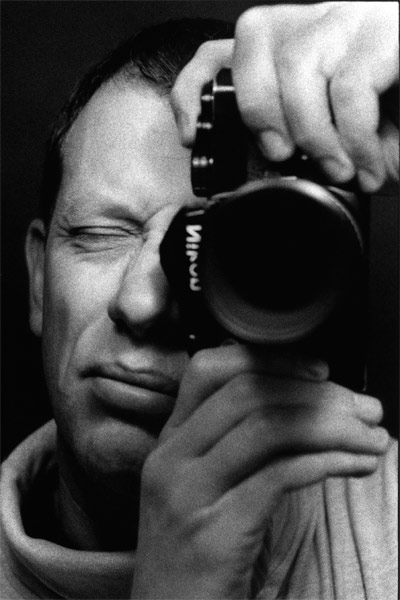"Dina cleared her throat, got up and held an improv-lecture-performance that blew me away. Apparently, Le Guin proposes a different way of looking at early humans than the one of the big hunter-hero-meat-eater-stories. Namely the carrier bag theory of evolution. Meat, she writes, was not the main dish of early humans. Nay, nay. Believe it or not, our ancestors mostly ate vegetables, roots, berries. Things one collects. And rahter than weapons, phallic knives, the earliest objects probably were containers, carrier bags, nets: something where you could keep your food. Keep it from becoming wet or eaten by other animals. An object, with which you can carry your carefully collected veggie-snack back home and store it, also. So this is the collecting-veggies-and-storing-them-kind-of-narrative. A story told in this manner doesn't have a one-way direction, a clear goal, one central conflict, a hero. Rather, it holds things. Like berries in a bag. They don't have one clear order. This way of telling stories gives things a space to be, to be kept, to be sheltered, to be shared, to be passed down, to come to life. 'A novel is a medicine bundle', Le Guin says, 'holding things in a particular, powerful relation to one another and to us.'"
KIM DE L'HORIZON: Blutbuche. Köln : DuMont, 2022, 286

